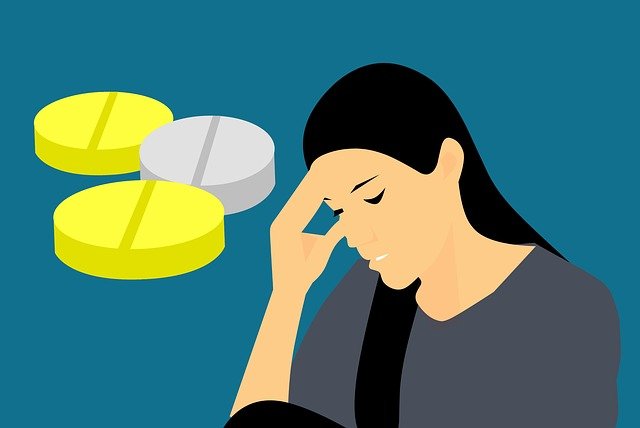Headaches are quite common. Almost everyone has dealt with them at some point in their lives, and some deal with them daily. How do you know when it’s time to see a neurologist for a migraine or a headache in this instance? Icloudhospital has come up with something that you must read.
When should a migraine sufferer make an appointment with a neurologist?
A neurologist may be necessary if you have severe headaches or other symptoms interfering with your daily activities. If you have any of the following symptoms, you should see a neurologist:
- You haven’t had a headache in at least a day and a half.
- Your headaches have this strange tendency to appear out of nowhere.
- Your headache will be worsened if you strain.
- Your headaches begin in the early hours of the morning.
- It seems that you are experiencing eyesight changes.
- You’ve suffered a seizure in addition to your headaches.
Your doctor may do some tests to figure out what’s causing your headaches
- When you go to the doctor for a headache, they will almost definitely ask you questions about your medical history, do a physical examination, and administer some neurological tests. The tests may involve the following, depending on the severity of your symptoms.
- An MRI or CT scan of your head may be ordered by your doctor to rule out any structural abnormalities, blood vessel problems, spinal difficulties, or tumours that are causing or contributing to your headaches.
- If you’ve recently experienced a head injury that’s causing your headaches, or if your doctor detects a structural abnormality or tumour in your brain, an MRI may be ordered. The results of an MRI may be seen online.
- An electroencephalogram is when the term “EEG” is used (a test that monitors brain waves). It uses electrodes put on the scalp to track brain activity. It may be used to diagnose a variety of different brain conditions, including stroke, inflammation, brain damage caused by a severe head injury, sleep problems, and brain malfunction, in addition to epilepsy.
- A neurologist may examine your eyes for evidence of a concussion or neurological damage, which might be the source of your headaches.
- Your doctor may recommend laboratory tests such as blood tests or urinalysis in some instances. The strength of these tests may vary depending on the severity of your headaches and any other symptoms you may be experiencing. These tests are often used to confirm or rule out suspected health issues like thyroid disease or diabetes as the source of your headaches.
- While your primary care physician may be able to detect and treat the underlying cause of your headaches, only a neurologist has the tools and tests necessary to diagnose and treat whatever the problem is.
The most important thing to keep in mind
The most crucial piece of information we can convey is that finding the appropriate physician for you is not a one-size-fits-all process. Finding a migraine doctor who supports me and believes we can beat migraine is a difficult journey, but we found it quite helpful












